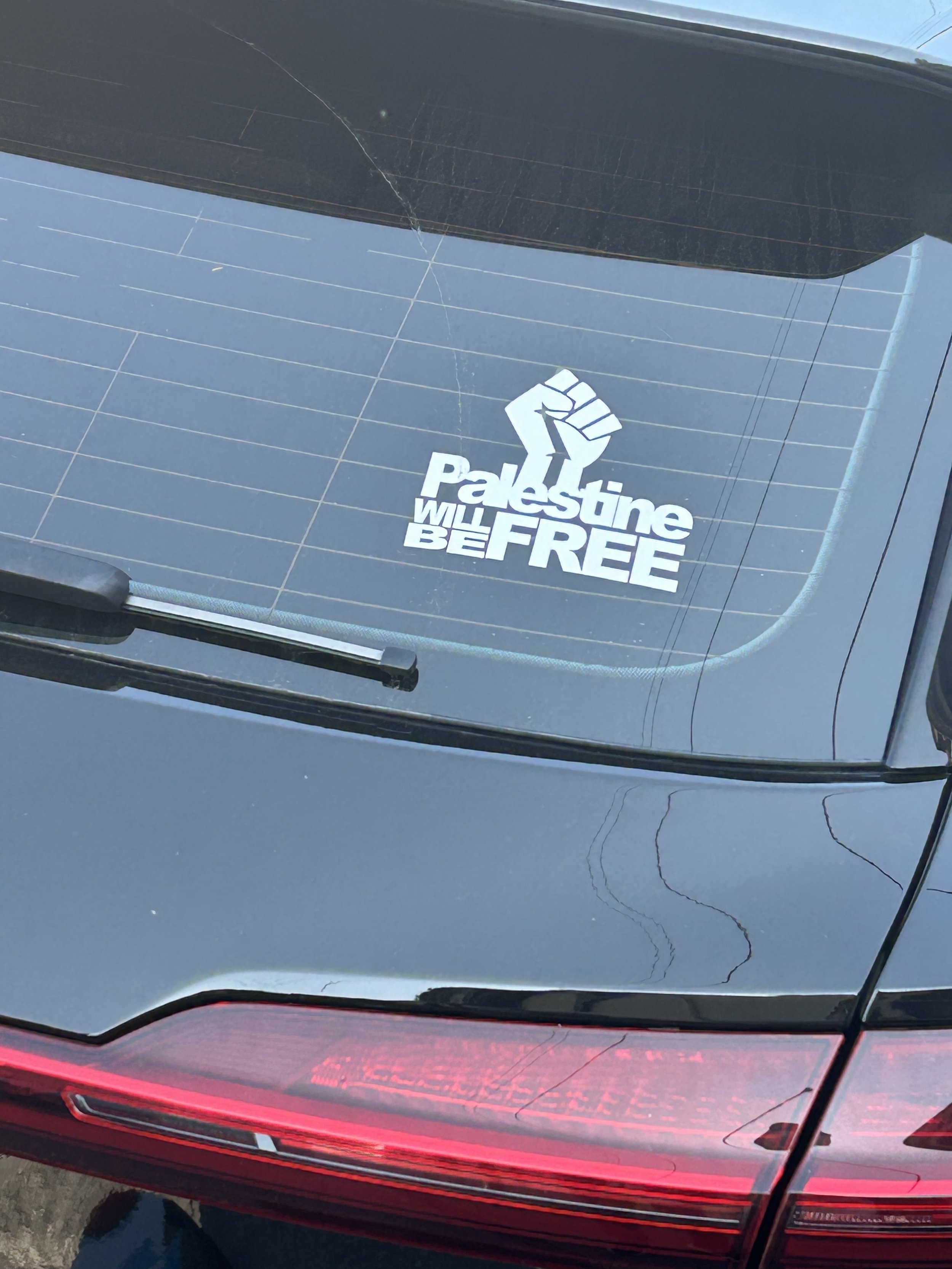Ireland Today: The Bittersweet Tradeoff Of Carney Embracing Europe
Dublin: for those who’ve travelled to Ireland the past 50 years the transition is stunning. Even from ten years ago, when the previous market dip hit the nation, the current iteration is remarkable. For a nation that has historical sites dating from 5000 BC to the present, the claim that these are Ireland’s finest days is plausible.
From Dublin to the rocky outcrops of the Wild Atlantic West, the nation is teeming with people and energy. It’s not even the tourist season yet, but lineups to see Kilmainham Gaol or Blarney Castle or the Titanic Experience are lengthy. In Dublin the streets are positively jammed with locals (many young), tourists and a swath of nationalities from places most Irish can’t locate on a map.
No matter where they’re from they carry the same craic that has made Ireland a joyous place to wile away a day chatting locals. Humour and help are the watchwords. Our Uber drive was a Romanian who’s been in Dublin 35 years, and he chatted our ears off in his Romanian/ Irish accent en route to the airport. As our Uber driver noted, there’s plenty of work and lots of opportunity.
The old docklands along the Liffey have been ripped up to produce modern office complexes, hotels and arenas that seem more like Geneva than Dublin. Traditional double-deckers still ply the streets, but they share the road with a modern streetcar system. Irish food— so long demeaned as inedible— is now the toast of the gastro world. The NFL plays at the modern Aviva Stadium, and the music scene is flourishing in clubs and stages around this city founded by the Gaels in the 7th century.
The remainder of Ireland is no less impressive. A modern highway network now gets you from Dublin to Galway in two hours and Cork in two-and-a-half hours. Yes, the narrow lane ways and paths that criss-cross the greenery are still quaint. But transportation is not the trial it once was. E-charging stations are omnipresent.
Which leads one to wonder how was the conversion achieved. Ireland is famous for its ability to back losers in politics. From their own nationalists, who ended up at the end of a rope or in front of a firing squad, to the imperial powers— France, Spain, Germany— they hoped would save them from England, Ireland has a bloody past. Its own independent movement launched on Easter weekend in 1916 required a cruel civil war (see Michael Collins) and an equally nasty partition to finally create the Irish Free State.
One benefit of all this self-imposed pain has been Ireland’s withdrawal from most of the 20th century’s carnage. Where a town square in England, Canada or Australia would honour the copious dead from WW I or WW II, in Ireland the town square honours Padraig Pearse, John McBride, James Connolly or Thomas Clarke. With no European wars to prosecute Irish cities were not bombed and their downtowns resemble themselves from centuries ago.
But still you may wonder where has the money come from to spark this turnabout? Well, Ireland stayed with the EU when England voted for Brexit, and the benefits are easy to see. Where there were few or no jobs 25 years ago, the EU has showered Ireland with investment money. It has enabled Ireland to offer lucrative tax deals to multinationals to move to the Emerald Isle. The results are palpable.
The price is less so. And in Ireland one can see a warning for Mark Carney’s Canada. The new PM is a dedicated Europhile. Carney has made no secret of his longing to cut deals with the boys from Brussels. He told Canadians that the traditional relationship with the U.S. was over, and while that was crass electioneering, no one expects him to abandon the values of the EU.
While there will be manna from the EU (should it stay solvent) there will also be a quid pro quo. Canadians who blissfully voted for Carney should realize that means doubling down on the climate extremes of carbon taxes and failed new tech that currently hobble the EU.
As Ireland has learned, in exchange for its money the EU wants you to also accept its gender dysphoria and a brand of immigration politics that sees Ireland today embracing Hamas and the most virulent brand of anti-semitic groups while seeking to silence its former sports hero Conor McGregor when he talks of losing Irish culture to an immigrant wave who neither care nor endorse traditional Irish culture. .
It also means adherence to the censorship regimes of the EU where Germany plans to silence its most popular party, the AFD, for heresies against the new religion of Climate/ Culture. Irish politics is radical, and a Canada that fits itself under the EU influence will find not just a continuation but an extension of the Justin Trudeau disastrous regime. Which will keep Alberta in conflict with the Ottgawa mandarins.
So do visit Ireland. The people are wonderful, the land is stunning and the energy is palpable. When you leave bring your memories home with you. But leave Irish/ EU politics behind.
Bruce Dowbiggin @dowbboy is the editor of Not The Public Broadcaster A two-time winner of the Gemini Award as Canada's top television sports broadcaster. His new book Deal With It: The Trades That Stunned The NHL And Changed Hockey is now available on Amazon. Inexact Science: The Six Most Compelling Draft Years In NHL History, his previous book with his son Evan, was voted the seventh-best professional hockey book of all time by bookauthority.org. You can see all his books at brucedowbigginbooks.ca.




